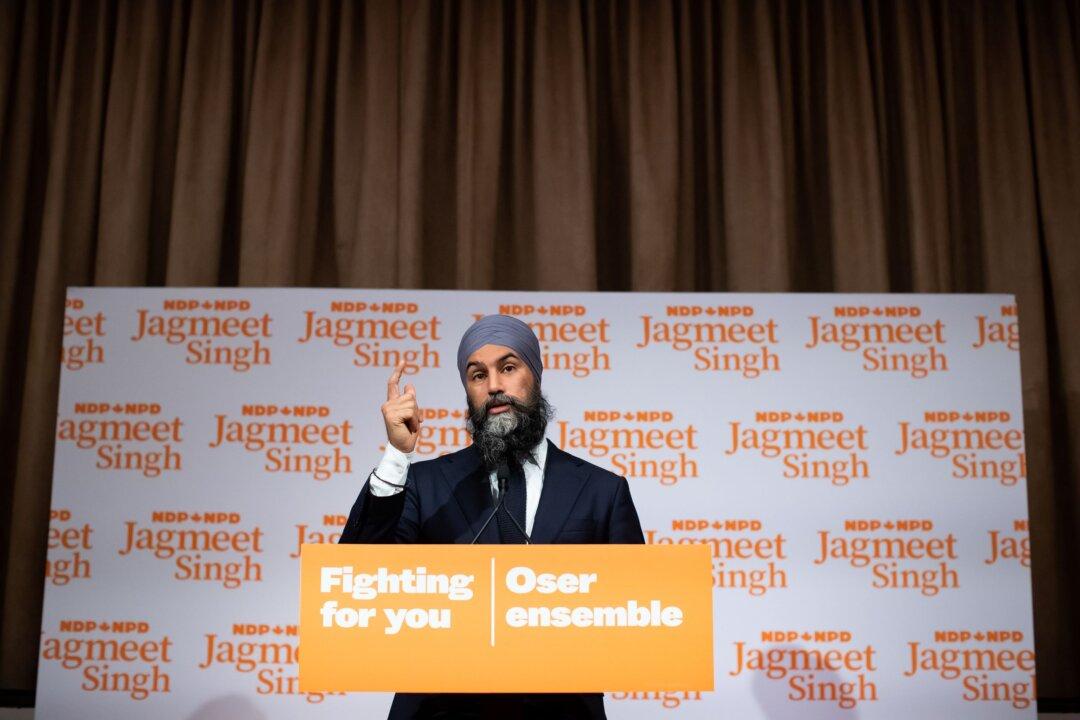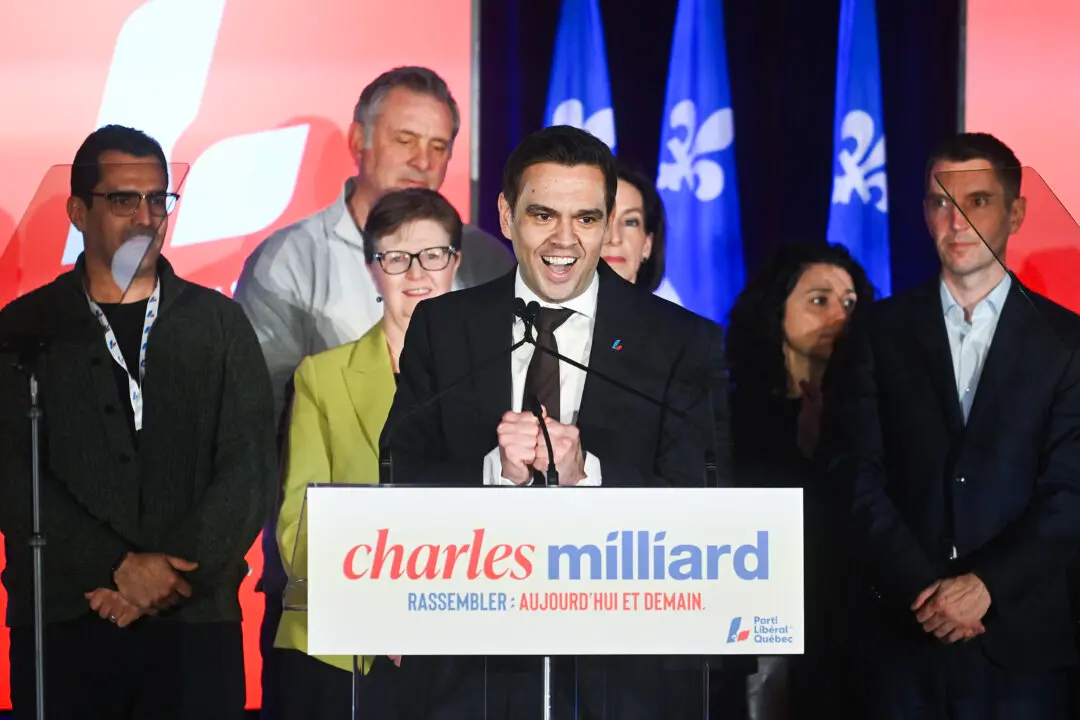The federal New Democrats plan to make pharmacare a central issue in the next election if the Liberals do not meet the bar the opposition party has set for legislation to reduce the cost of prescription drugs.
The confidence−and−supply deal that sees the NDP supporting the minority Liberals on key votes in the House of Commons says the government will introduce a bill to create a framework for national pharmacare this year.





